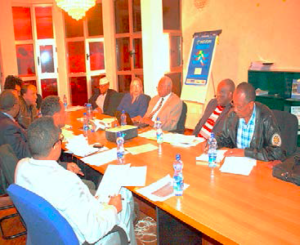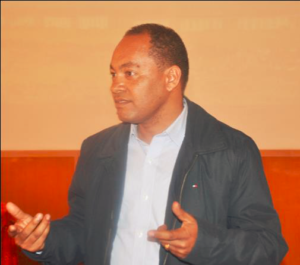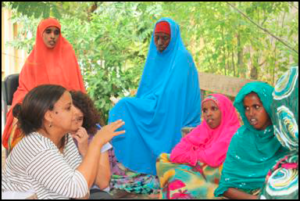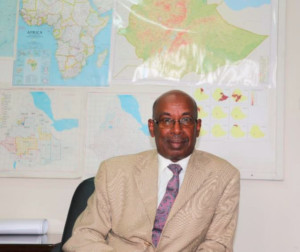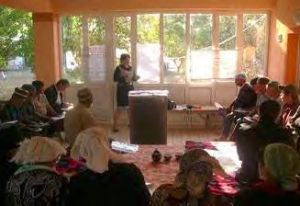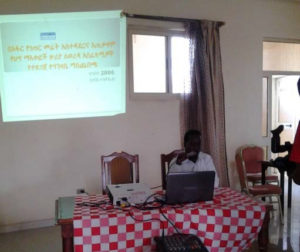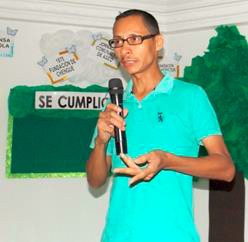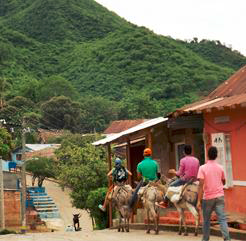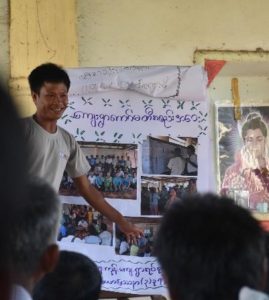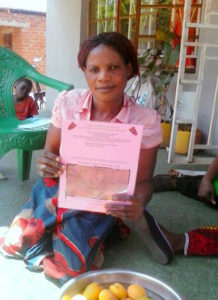Ethiopia’s land use over the past few decades has shown a significant change with an increased engagement of different government institutions and the private sector that have been using the country’s land for a myriad of development projects.
Studies have also shown that the land use changes that include fragmentation of agricultural land and its intensification of use have led to degradation of resources and subsequently a reduced productivity which has profound impacts on the livelihoods and food security of people as well as on the national economy.
After analyzing the legal and policy documents related to land use, LAND sponsored studies revealed that they are overlapping, competing, conflicting, incomplete and contradictory and do not in any way make for a comprehensive land use policy that would embrace the priorities of all sectors and guide the efficient use of land in an integrated manner. LAND’s studies underline the need to develop a national land use policy to reverse the negative trends and optimize land use and investments in land and natural resources for now and in the future.
Other land use studies conducted also pointed out the need to have a policy framework which is the foundation for putting the country on the right path to achieve a continued and sustainable social and economic development.
It is against this backdrop that LAND started advocating for an overarching and comprehensive national land utilization policy that provides a framework for a holistic, regulated, and integrated use of land to advance social and economic development of the country.
As part of the efforts to advocate for an overarching land use policy, LAND primarily focused on generating and gathering evidence that shows the trends of land use in the country. Apart from analyzing the legal and policy framework, LAND closely worked and supported renowned research institutions including the Water and Land Resource Center Institute and recognized researchers who have excellent track records in the area of land use policy.
LAND’s efforts to gather evidence finally led to five studies that analyzed landscape transformation and subsequent changes observed on natural resources and socioeconomic development in Ethiopia in the last three decades; review of current Ethiopian policies and laws on land use; international experience on preparing and implementing national land use policies and their impacts on socioeconomic development; and the importance of a sound and robust land use policy.
Based on the evidence, LAND started to create a platform for discussing findings of the studies and the way forward with its key government partner, the Ministry of Agriculture and Natural Resources. Presentations were made to the Minister of Agriculture and Natural Resources and his management team as well as senior officials of other sector ministries and relevant institutions. The Minister realized the seriousness of the problems caused by lack of a comprehensive and integrated national land use policy and made a commitment to move the policy development forward. The Minister and his team were instrumental in putting the land use policy development high on the government’s agenda, as manifested by the Prime Minister’s decision to set up a high-level ministerial committee comprising eight ministers to oversee the development of a national land use policy and its implementation.
The policy development process reached another milestone in June when H.E. Prime Minister Hailemariam Desalegn officially announced his government’s decision to develop a comprehensive national land use policy that provides a framework for a holistic and sustainable use of land to achieve social and economic development at a high-level meeting.
The Prime Minister, who also chaired the meeting, said, “Land use policy is at the heart of all development endeavors that aim to bring about economic transformation. Our success in achieving the transformation depends on the effective use of our land according to its potential.”
Accordingly, he officially ordered the development of a comprehensive and integrated national land use policy immediately and a national land use plan within the coming three years for implementation in the third Growth and Transformation Plan. He also urged all federal and regional government officials to ensure that the country’s land and natural resources are put to their best use until the policy comes into effect and the national land use plan is implemented.
More than 230 participants including ministers, regional presidents, the Prime Minister’s senior advisors and leaders of renowned academic institutions in the country attended the high-level event.
Two committees in charge of the policy development were set up prior to the meeting. The first is a technical committee or taskforce which is composed of all ministries and government agencies that have a mandate on using or regulating the use of land and natural resources. Under the auspices and coordination of MoANR, this taskforce is charged with preparing a draft of the policy by bringing together expertise and perspectives and priorities of all sectors on land use. The second is a high-level ministerial committee comprising eight ministers that will oversee the activities of the technical committee and the formulation of a sound and robust national land use policy and plans for its implementation. Members of the Ministerial committee include the MoANR; Ministry of Environment, Forest and Climate Change; Ministry of Livestock and Fish Resources; Ministry of Water, Irrigation and Electricity; Ministry of Urban Development and Housing; Ministry of Mines, Petroleum and Natural Gas; Ministry of Industry; and Ministry of Culture and Tourism.
LAND had already drafted the TOR for the technical committee and the team of consultants that would be engaged in carrying out the technical work for these tasks.
Moving forward, the consultants to be hired to assist the technical committee and the technical committee are in charge of identifying major land use policy issues and preparing the road map that would enable the government to develop an integrated land use plan in line with the national land use policy. Accordingly, LAND began the recruitment of consultants.
